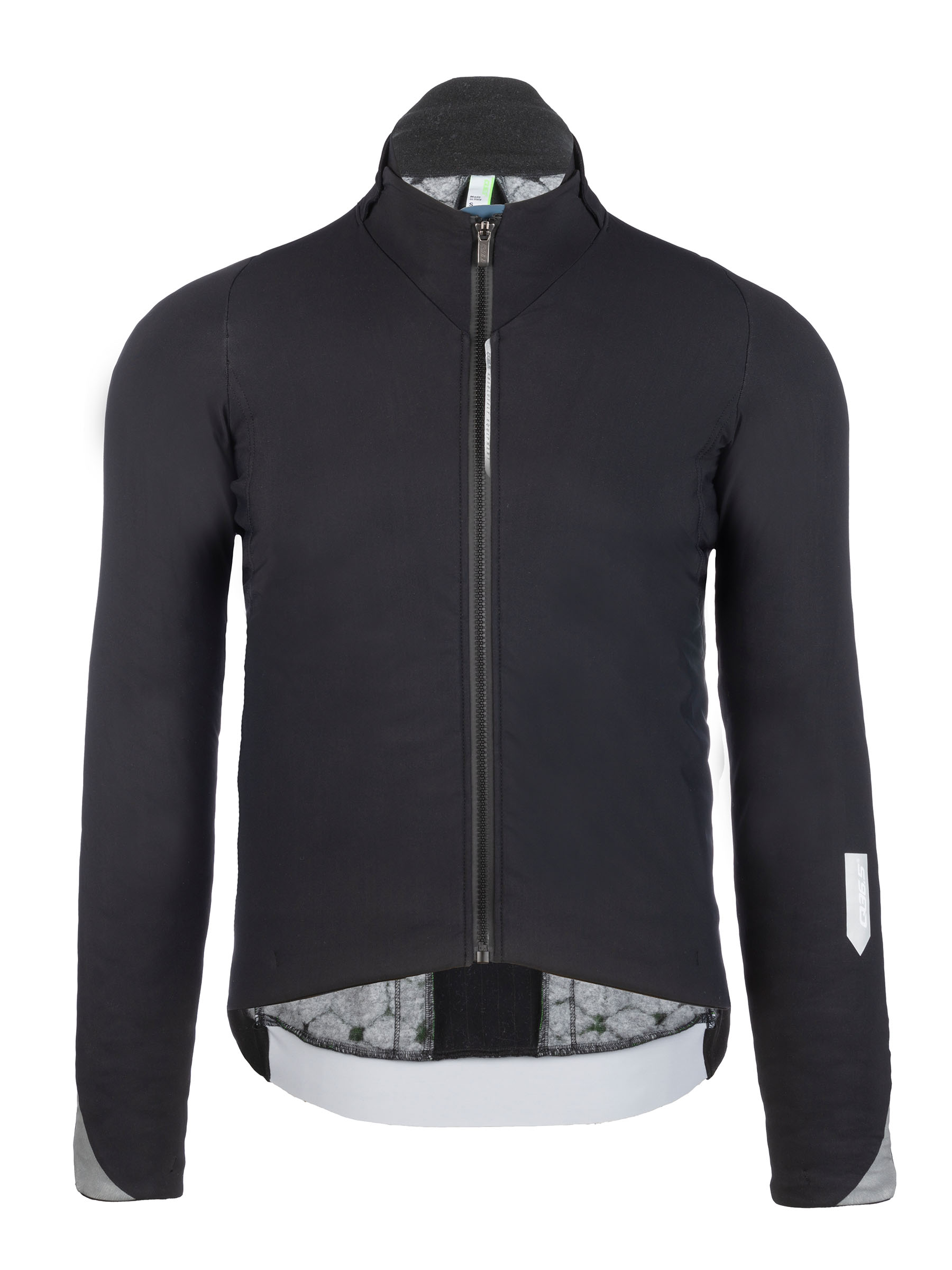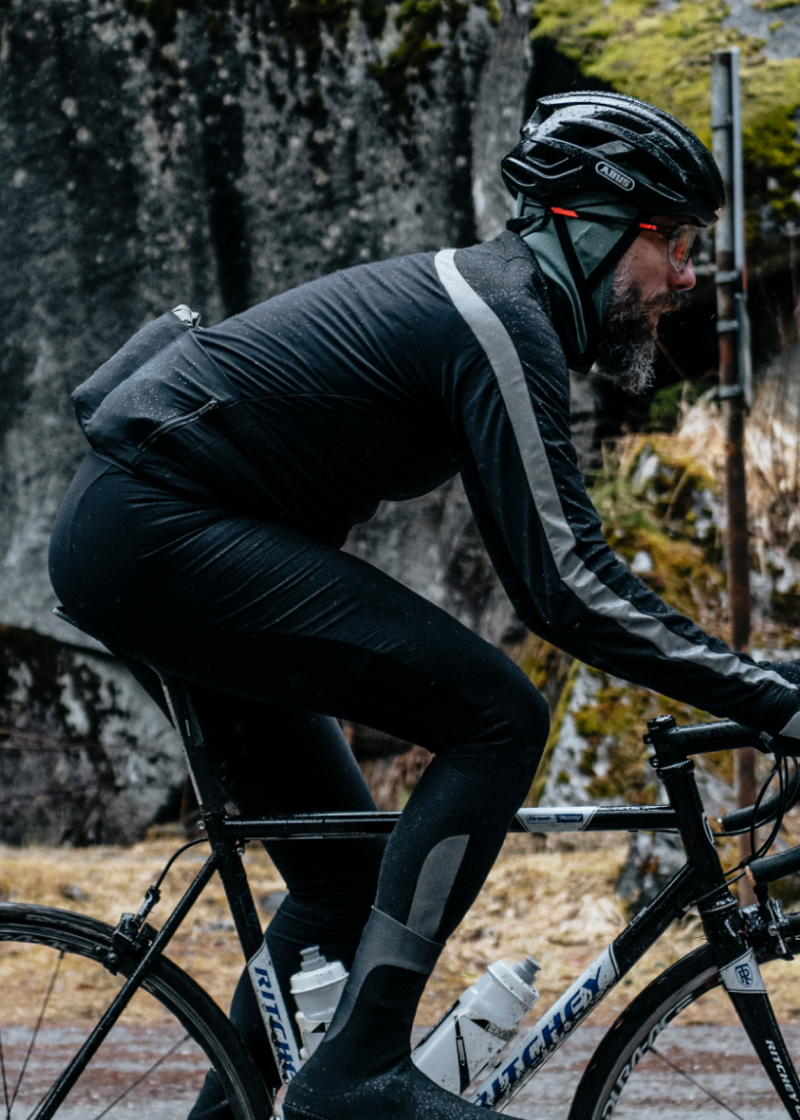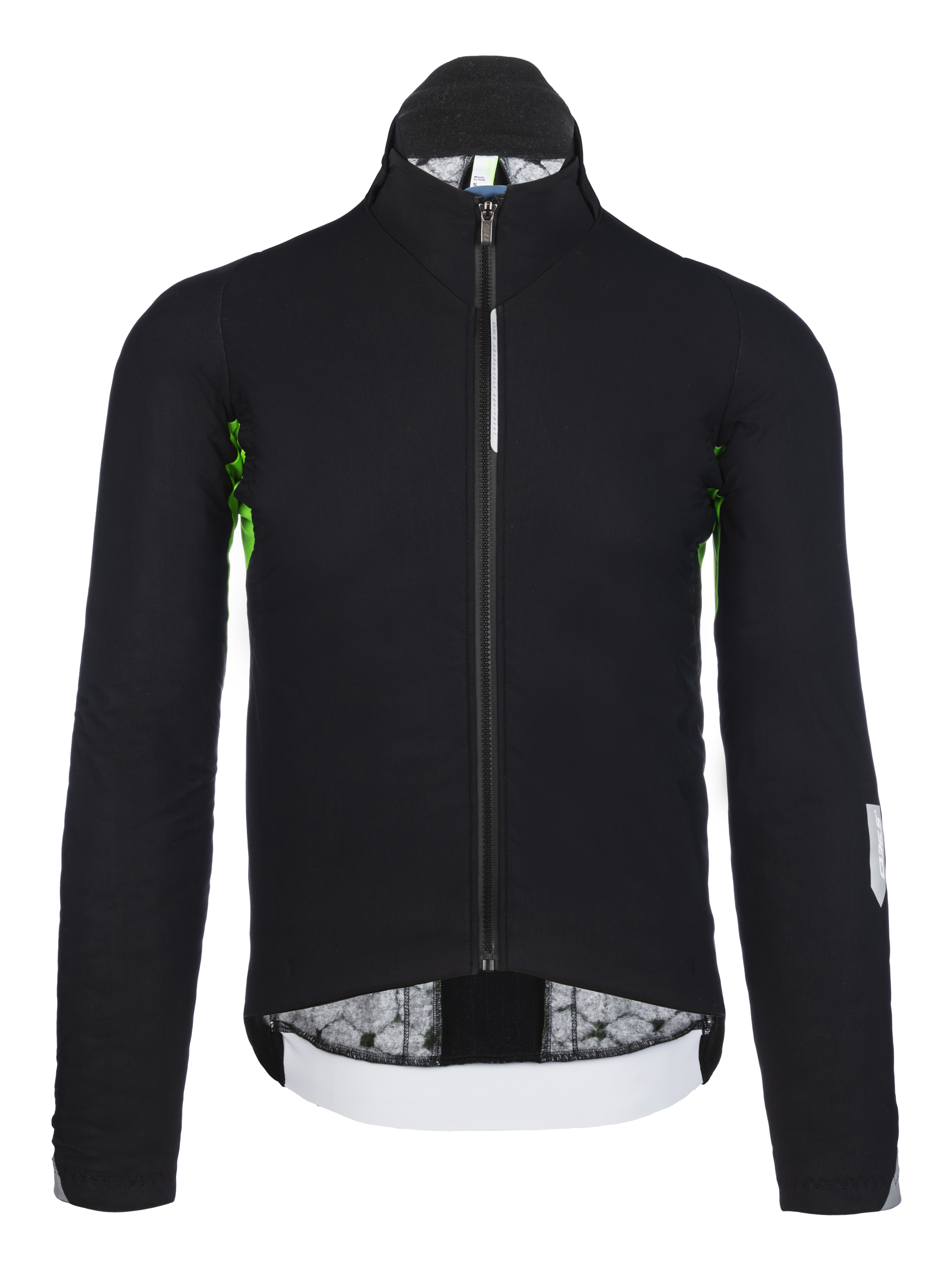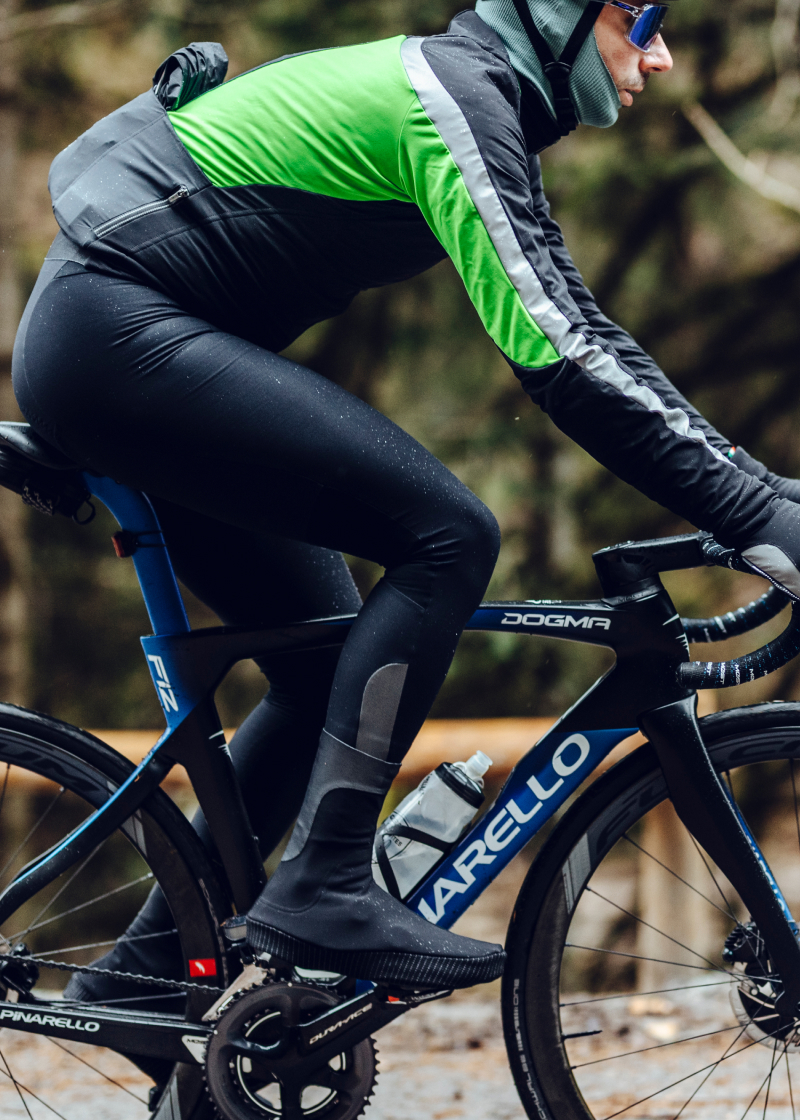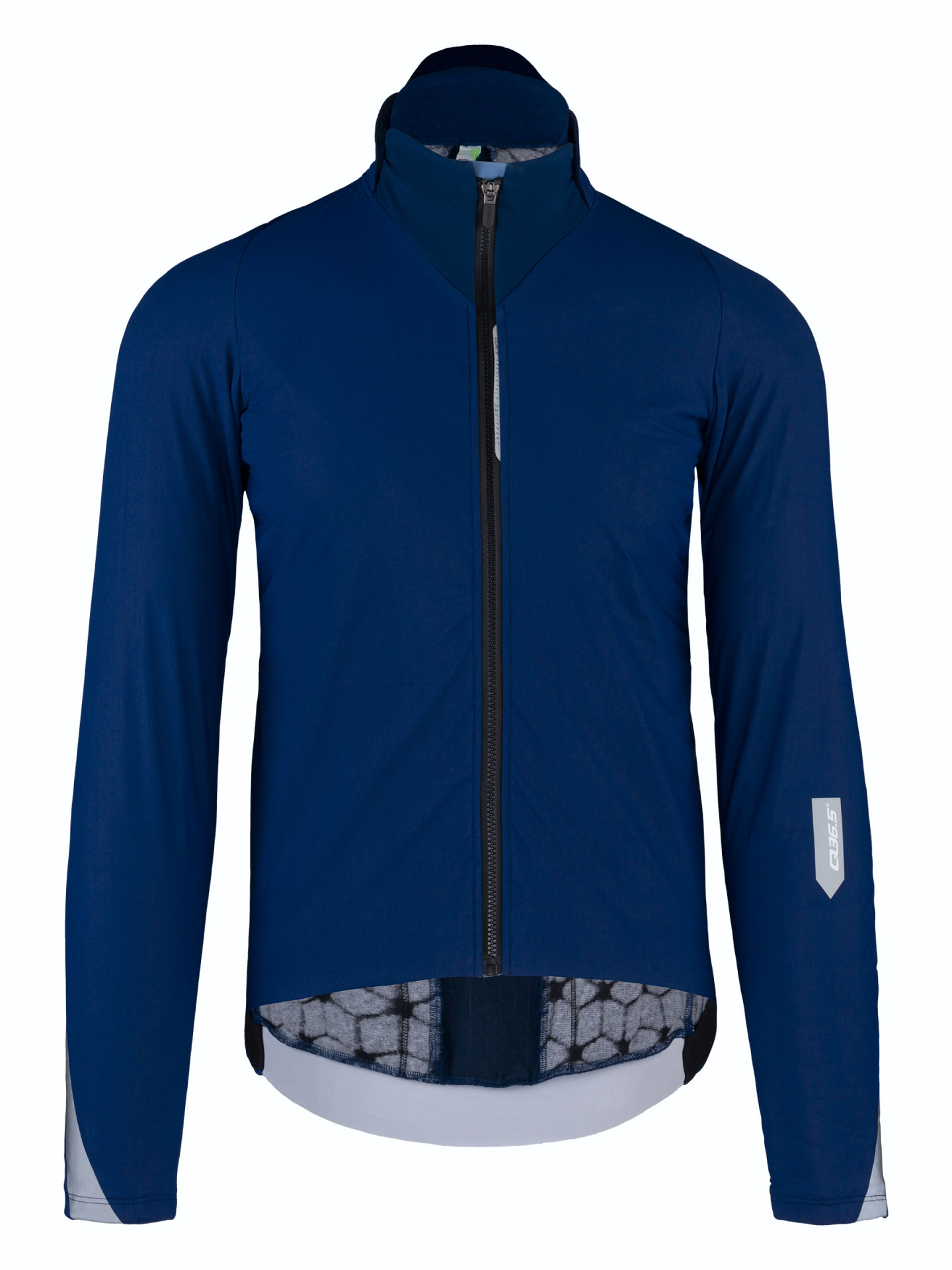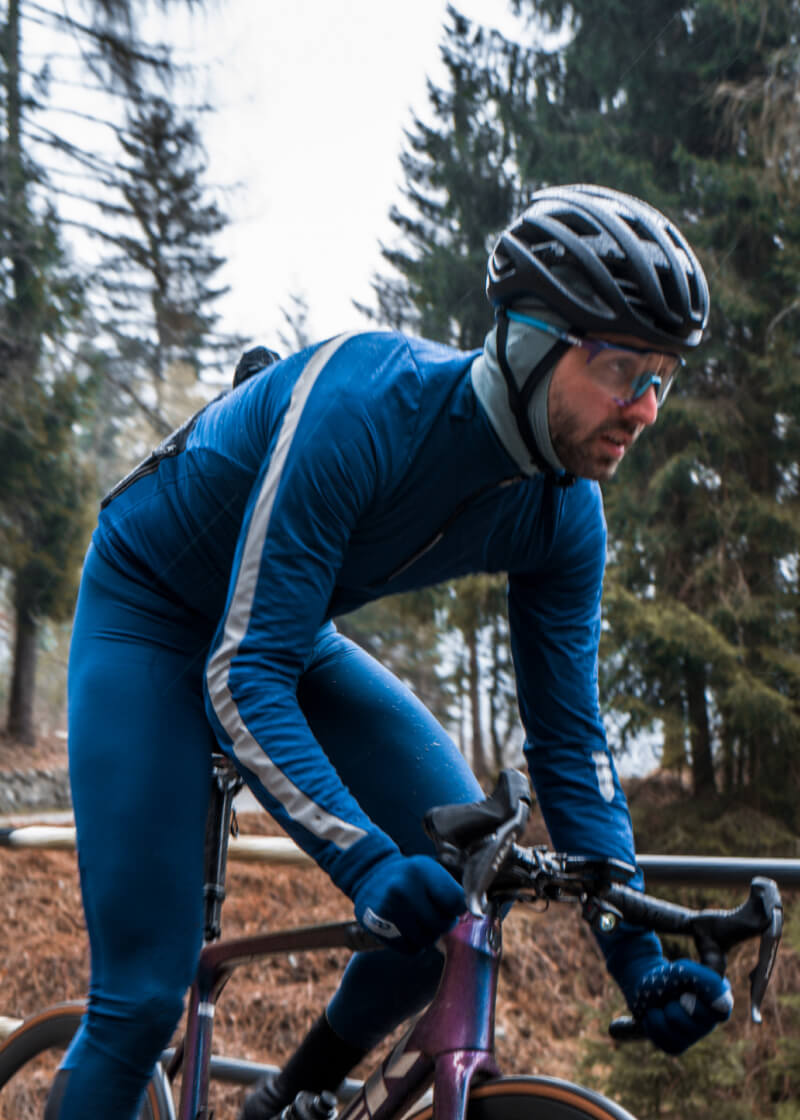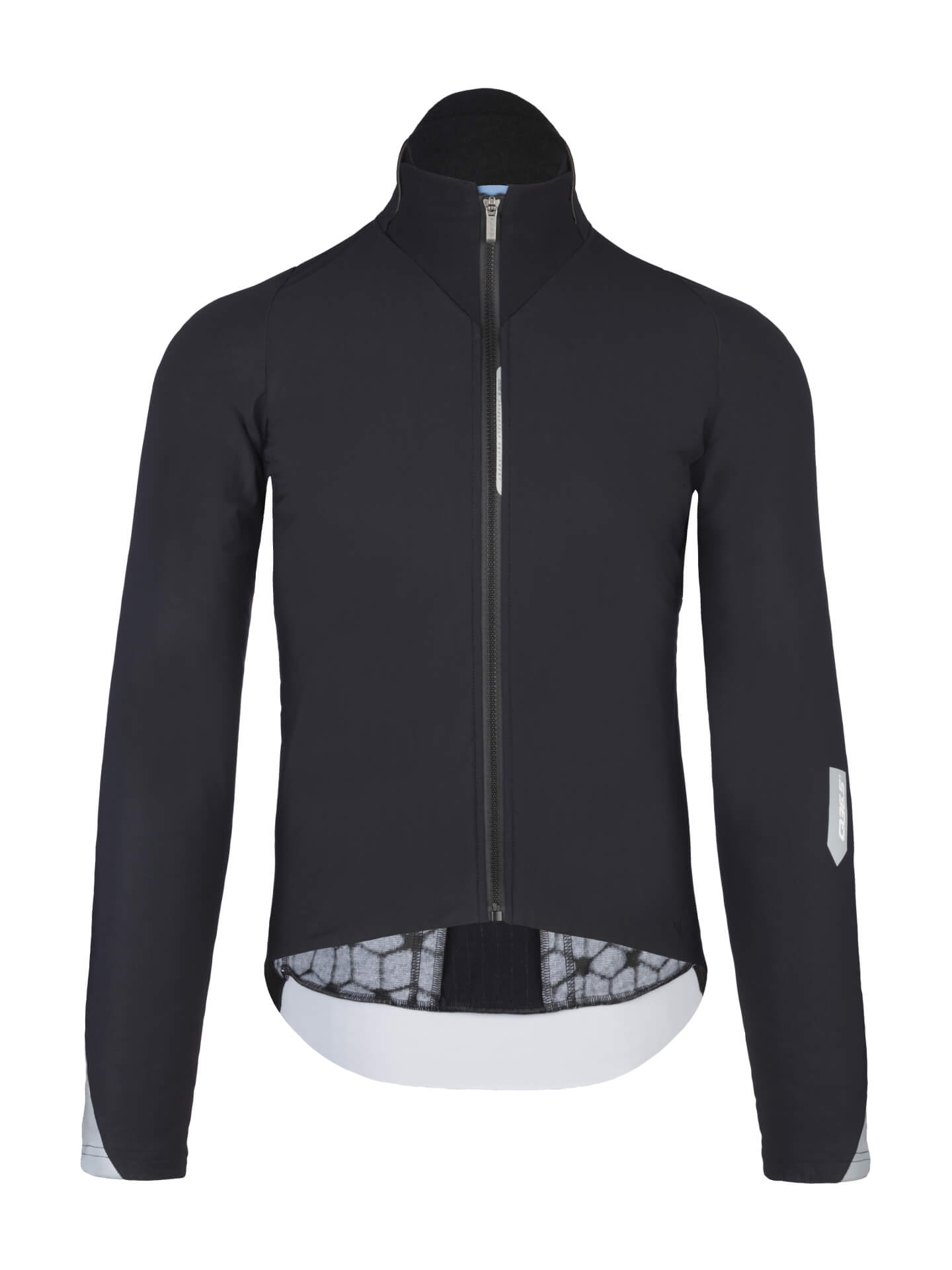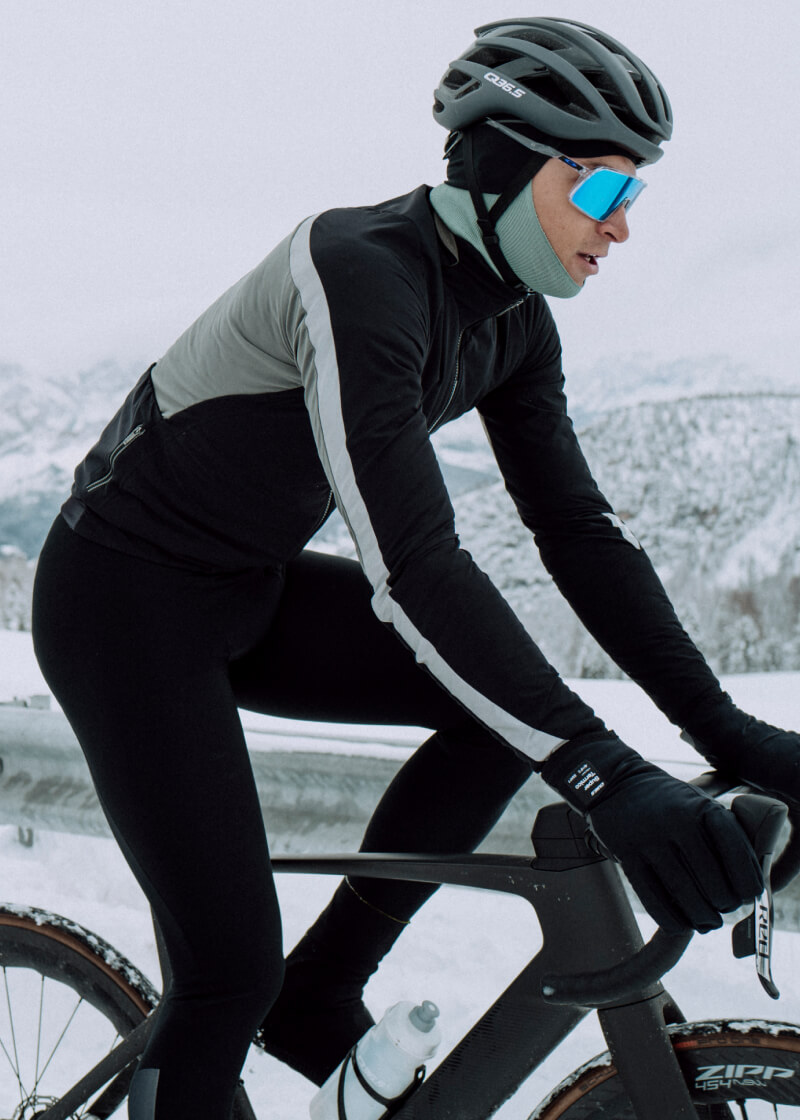Clothing
Iconic Products
Collections
Temperature System
Clothing
Iconic Products
Collections
Temperature System
Shoes
Special Editions
 US
|
US
|  Austria
– EUR
Austria
– EUR
 Belgium
– EUR
Belgium
– EUR
 Switzerland
– CHF
Switzerland
– CHF
 Germany
– EUR
Germany
– EUR
 Spain
– EUR
Spain
– EUR
 Rest of Europe
– EUR
Rest of Europe
– EUR
 France
– EUR
France
– EUR
 United Kingdom
– GBP
United Kingdom
– GBP
 Rest of World
– EUR
Rest of World
– EUR
 Italy
– EUR
Italy
– EUR
 Netherlands
– EUR
Netherlands
– EUR













